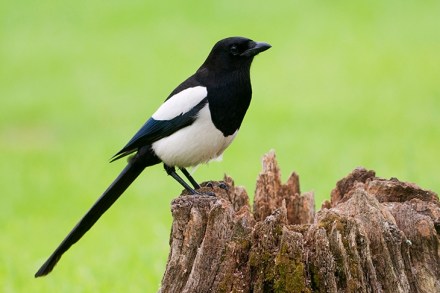Esquire
‘I’m a learned doctor,’ cried my husband, pulling at the hems of his tweed coat and doing a little jig. He’d heard that Jacob Rees-Mogg had directed his office to use Esq of all non-titled males. There’s something of the Charles Pooter about Esquire. Its last redoubt had been envelopes from the Inland Revenue. Since


















